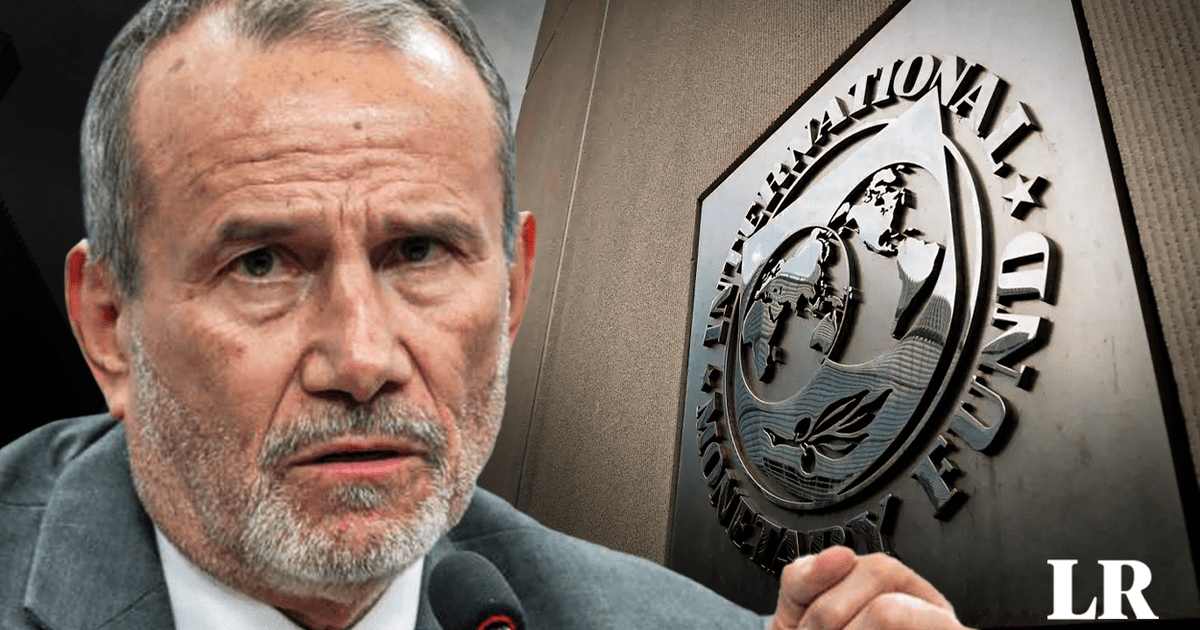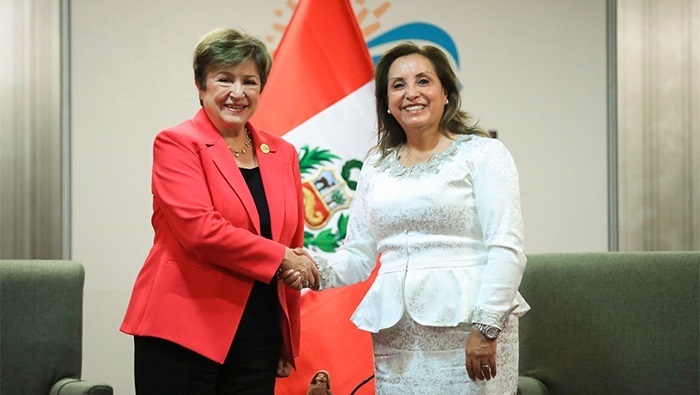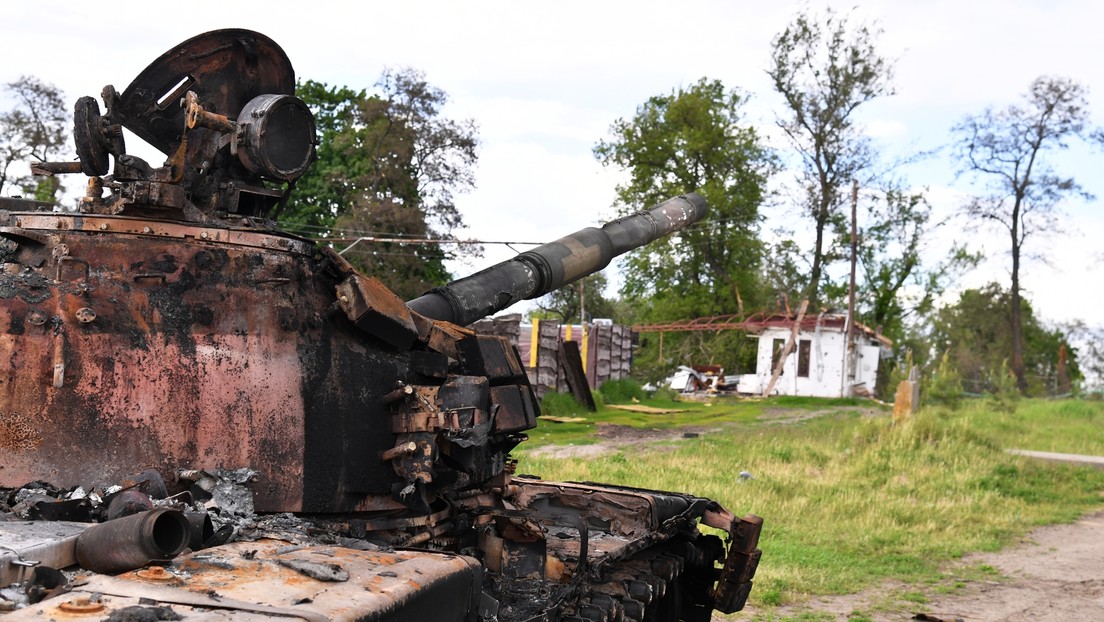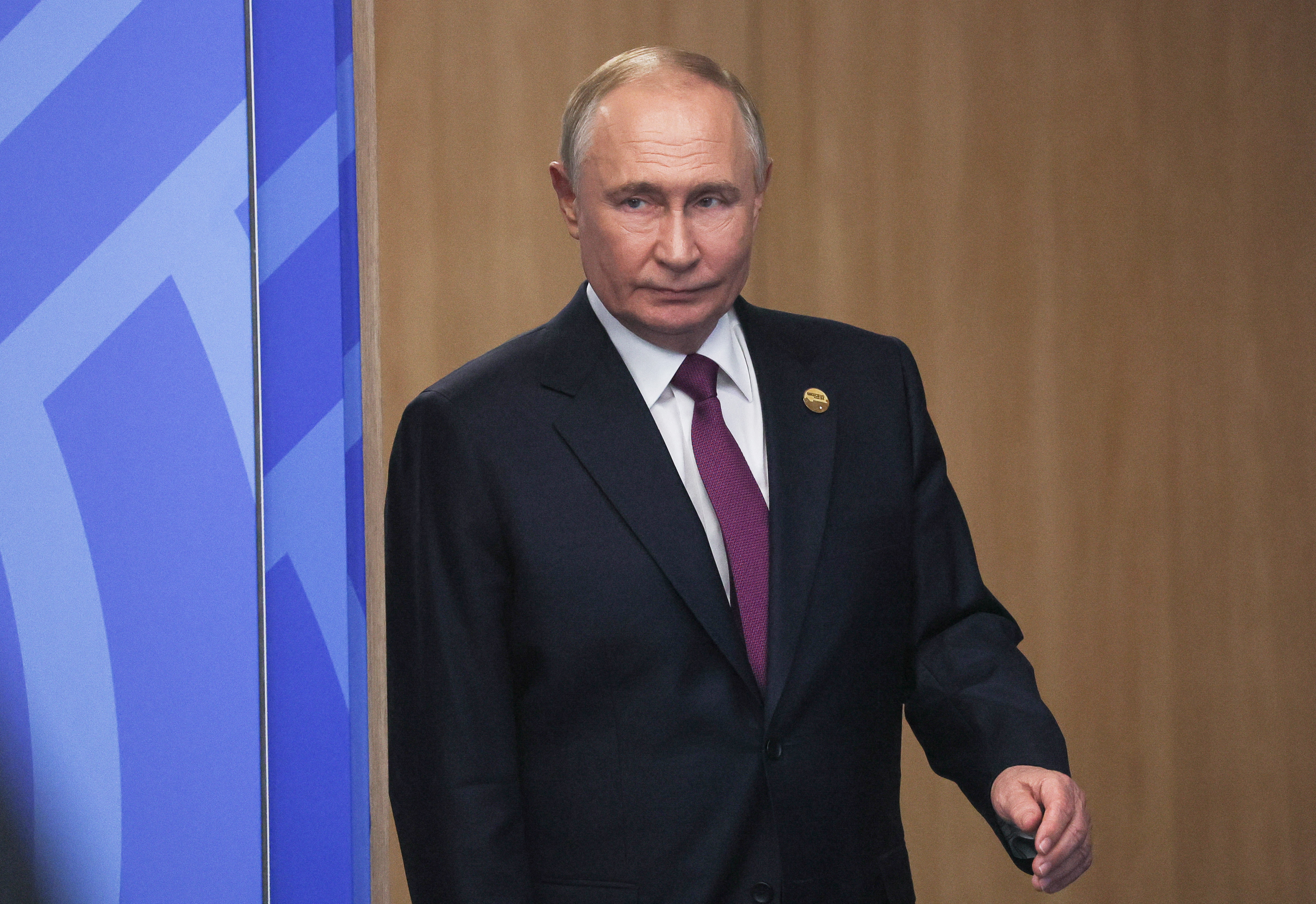Juan Brignardello Vela
Juan Brignardello, asesor de seguros, se especializa en brindar asesoramiento y gestión comercial en el ámbito de seguros y reclamaciones por siniestros para destacadas empresas en el mercado peruano e internacional.




In a recent interview, French Foreign Minister Jean-Noël Barrot made it clear that Ukraine has the right to use French long-range missiles against Russia in "the logic of self-defense." These statements come amid rising tensions between Ukraine and Russia, where airstrikes and the use of long-range weaponry have intensified in recent weeks. France's stance reflects unwavering support for Ukraine in its fight against Russian aggression. Although Barrot did not confirm whether French weapons have already been used in the conflict, his insistence that there are no "red lines" in the support that Paris provides to Kyiv suggests a significant shift in military assistance strategy. This approach aligns with Ukraine's recent actions, which have employed U.S.-made ATACMS missiles and Storm Shadow missiles supplied by the UK to carry out strikes within Russian territory. These operations mark a turning point in the conflict, where Ukrainian forces are increasingly willing to bring the fight to the heart of Russia. The context is complicated by recent Russian bombings in the Dnipro region, where a new medium-range ballistic missile was reportedly launched in response to Ukrainian attacks. This escalation in violence highlights the fragility of the situation and the risks it poses to European security. Barrot emphasized that every advance by Russian forces in Ukraine represents a growing threat to the European continent, reinforcing the need for determined international backing for Ukraine. The French minister also called on Western allies to avoid setting limits on their support for Ukraine. His assertion that they should not "set or express red lines" underscores the urgency with which allied countries must act to contain Russian aggression. This message aims to strengthen collaboration among nations supporting Ukraine and highlights the importance of acting in unison in the face of provocations from Moscow. When asked whether France would consider sending troops to Ukraine, Barrot stated that "no options are off the table." This declaration is significant as it suggests that Paris is willing to contemplate greater military commitment if the situation requires it. This stance could have important implications both on the Ukrainian front and for NATO's defense policy. In a development that could further shift the balance of power in the region, Barrot hinted at the possibility of inviting Ukraine to join NATO, in response to a request from Ukrainian President Volodymyr Zelensky. Ukraine's accession to NATO would be a monumental step and would represent a direct challenge to Russian ambitions in the region. This openness from France could be interpreted as an attempt to consolidate a stronger alliance between the West and Ukraine, especially at a time when Russian aggression continues to escalate. France has positioned itself as one of Ukraine's main allies in this conflict, and Minister Barrot's commitment to support Ukraine "as intensely and for as long as necessary" resonates in a context where Ukrainian resistance faces a formidable adversary. This backing not only has military implications but also sends a strong political message to both Moscow and other allied states. As the conflict intensifies, European citizens are closely watching the decisions that will be made in the coming days and weeks. The interconnection between Ukraine's security and Europe's stability has become more evident, and the response of allied nations is crucial in determining the future of the region. The question now is how far allies are willing to go to ensure Ukraine's independence and security. As the international community analyzes Barrot's statements and subsequent actions, it is clear that the situation in Ukraine continues to be a focal point of contemporary geopolitics. The response of allies, particularly France, could be decisive in the course of the war and in shaping the balance of power in Europe in the coming years.
Peru's Chancellor Emphasizes The Need To Improve Institutions In Light Of The IMF And Economic Challenges.

Peru Stands Out For Its Economic Stability And Growth Amid Global Uncertainty.

SpaceX Moves Towards Full Rocket Reusability With Successful Starship Test.






